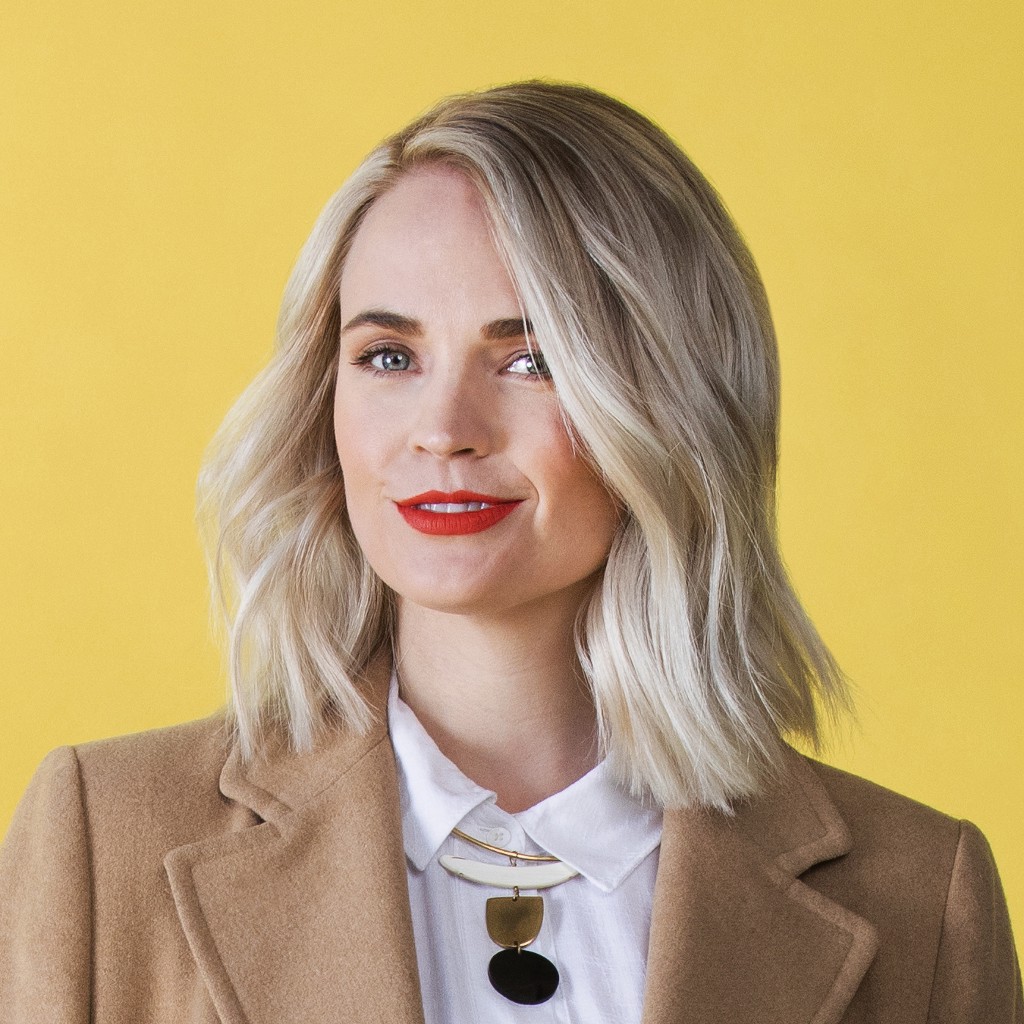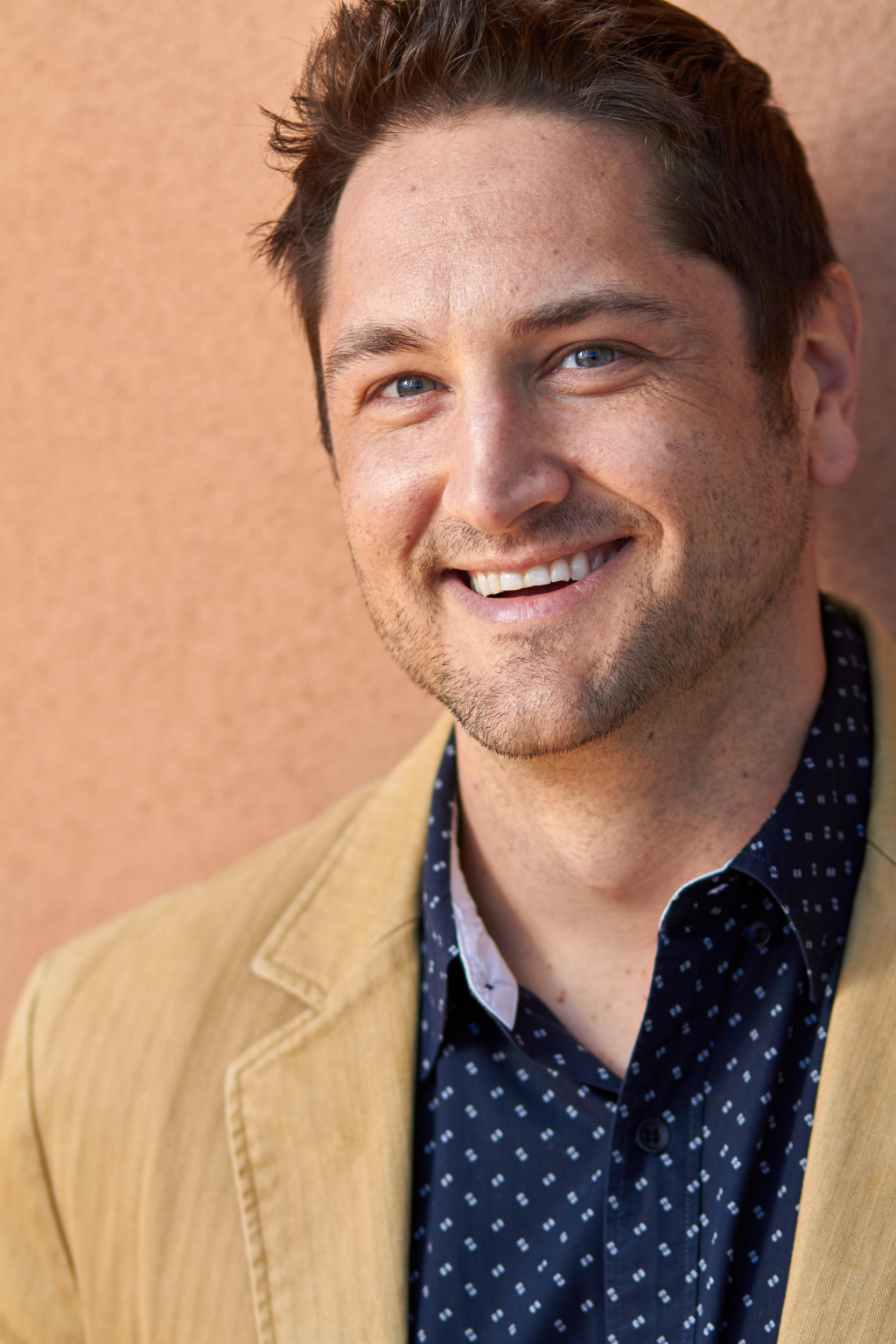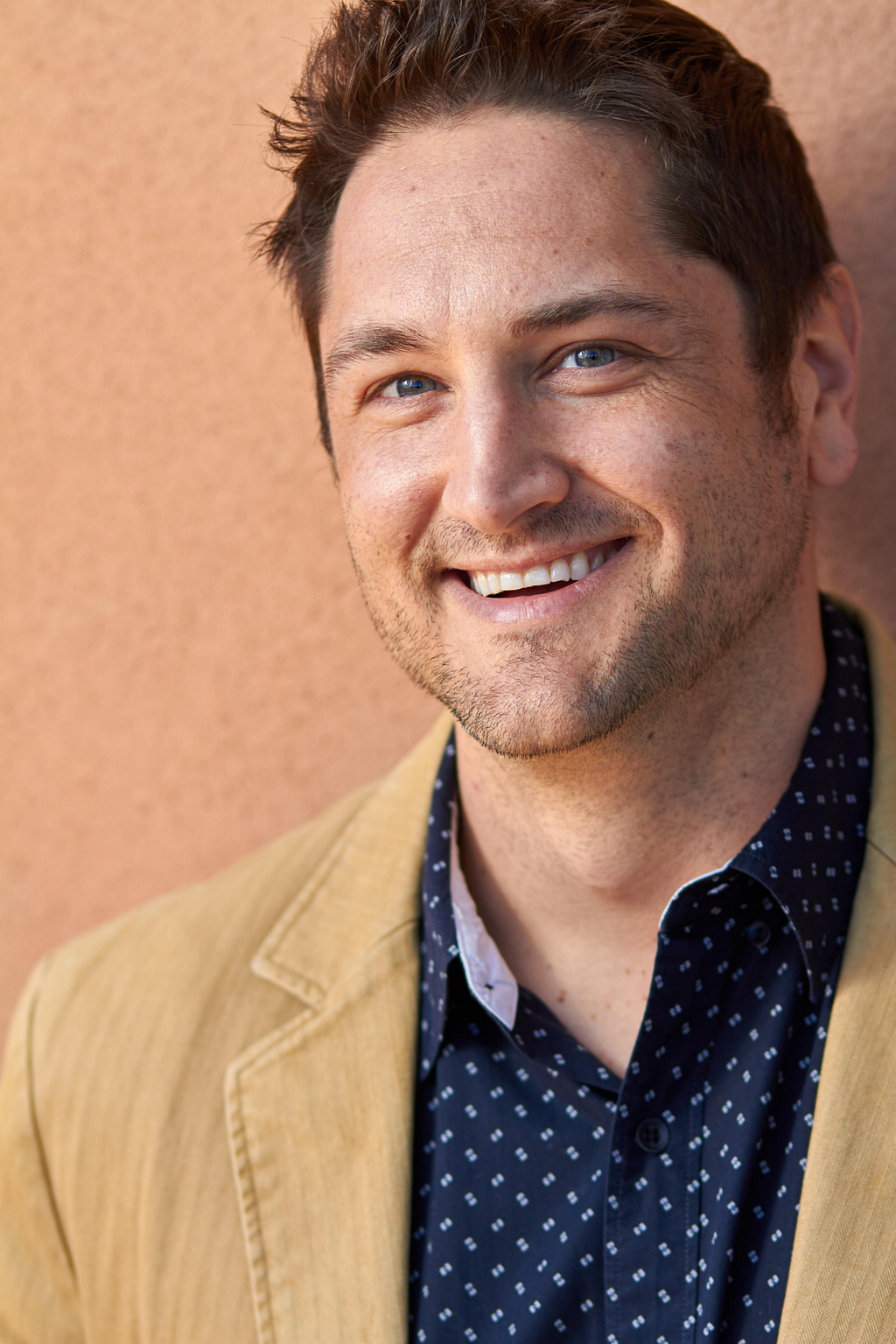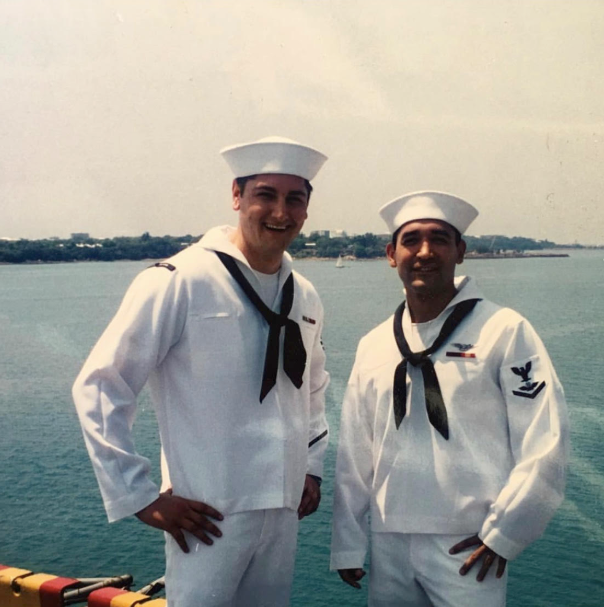Liz Forkin Bohannon of Sseko Designs: “How I Was Able To Thrive Despite First Experiencing Impostor Syndrome”
An Interview With Candice Georgiadis
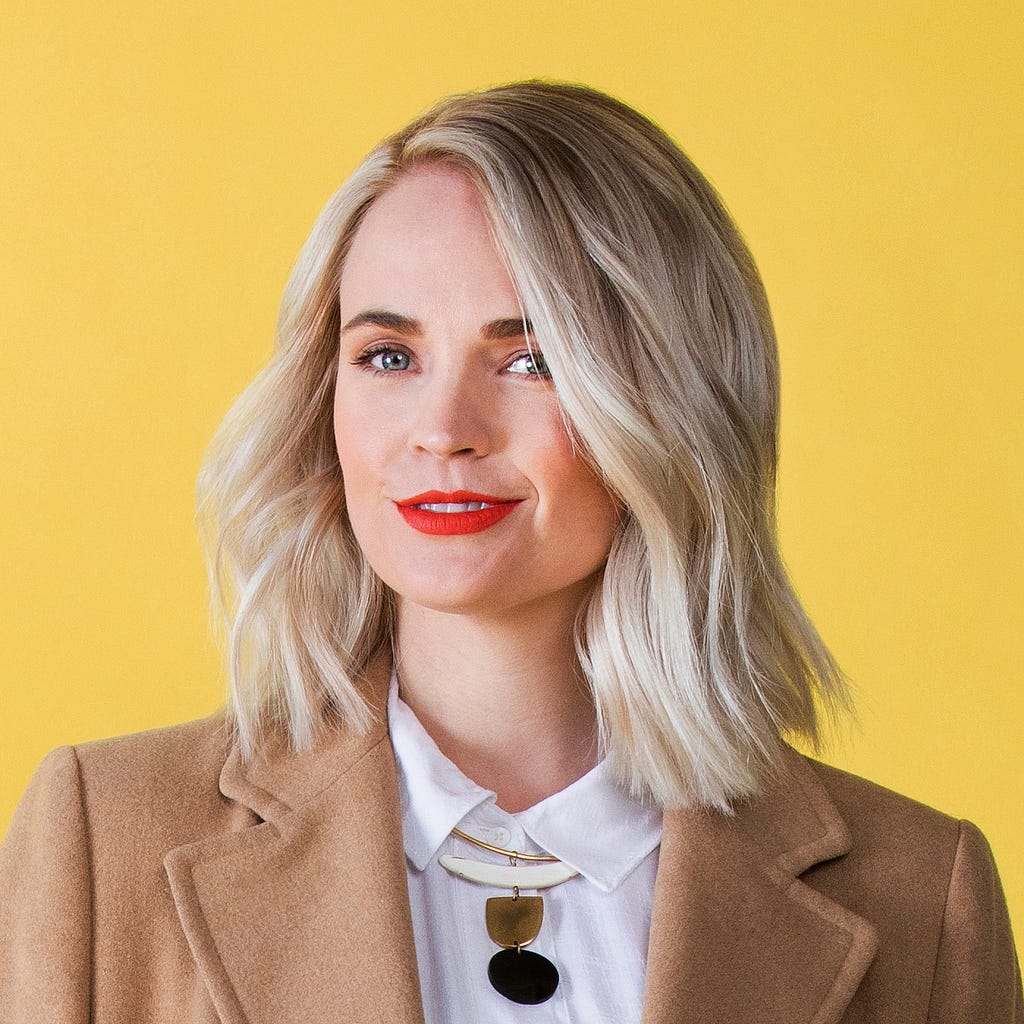
When we exist in a state of fear of “being found out” we naturally start to act out of a scarcity and threat model. You will become less generous and trusting of others. You will spend more time comparing yourself to others which, in addition to wasting your time, is also a form of objectification. Instead of seeing others for the unique and worthy person they are, you start to see them only in relation to how the “measure up” to you. Others will become either an object of your jealousy or apathy. Not sure about you, but that’s not the kind of person I want to become!
I had the pleasure of interviewing Liz Forkin Bohannon. Liz is the founder of Sseko Designs and author of newly released Beginner’s Pluck. Sseko is an ethical fashion brand that works to educate and empower women. By providing employment and educational opportunities, Sseko enables women to continue their education and become leaders in their country. In four years, Sseko has grown from three women making sandals together under a mango tree, to an international fashion brand that provides employment, educational opportunities and entrepreneurial training to over 50 women in East Africa. Using her unlikely story of a journalist-gone-shoe-maker, Liz also recently wrote a book called Beginner’s Pluck. This joyfully hilarious self-help business leadership memoir shares her passion for social enterprise, conscious consumerism, social justice, creative leadership, gender equity, risk-taking, and empowering women. She believes deeply that business is a powerful platform for social change and that girls are our future.
Thank you so much for joining us, Liz! Can you tell us a bit about your backstory and how you started Sseko?
Well, I share much more about how Sseko Designs (unexpectedly!) came to be in my book that just launched — Beginner’s Pluck — but the short story is that I moved to Uganda with a journalism degree, wanting to learn more about the issues facing women and girls living in extreme poverty. While there, I met an incredible group of female scholars who tested into college but couldn’t afford to go. In response, I designed a pair of sandals, set up manufacturing, hired three young women (Mary, Mercy & Rebecca) and promised that if they made these sandals during the nine month gap between highschool and college that they would earn enough money to attend university. Ten years later and we are now a women’s lifestyle brand with over 300 products, all sourced from ethical, fair-trade manufacturers. We’ve enabled hundreds of female scholars to go to University and have created jobs for thousands of women across the globe and right here at home.
What is the most interesting story from your career? Were there any lessons or take aways you learned from that experience?
Starting fashion brand in addition to a vertically integrated manufacturing company in a developing economy has meant a fair share of interesting stories. I share my favorites in Beginner’s Pluck, including but not limited to getting locked in a shoe factory and closing a business deal on top of a roller coaster at 2 am in the Middle East. I also hosted the President of Uganda at our factory and met Michelle Obama who shared the story of my colleague and general manager with an audience of dignitaries across the world. It all taught me to go after the impossible thing.
What do you think makes Sseko stand out? Is there an example of this?
I think we are extraordinary at connecting consumers to the story of their stuff and inviting them into the community. Instead of selling through stores, we sell through female entrepreneurs in their own communities. Those women here in the U.S. get to connect, one on one, with a woman on our production team in East Africa. And some of them even get to travel, all expenses paid, on the adventure of a lifetime to Uganda where they get to see their impact and connect with the global sisterhood they are building in person.
Is there a particular person who you are grateful towards who helped get you to where you are today? Is there a story behind that relationship?
I was able to spend a week in person with Seth Godin in the very early days of my career. His teaching and mentorship (even from afar) is something I am incredibly grateful for. How did this happen? He had an opening for his alternative MBA program and I applied. Even though I was living out of my car at the time. Even though I knew I’d be surrounded by entrepreneurs much smarter and further along than I was. Even though I was so nervous to meet him I could barely speak. It’s taught me to never let fear and insecurity win.
In a quick sentence, how would you define Impostor Syndrome based on your own experiences?
Imposter Syndrome is the feeling of being a fake and a fraud — the suspicion that you ‘just got lucky’ and that eventually you will be exposed for being incompetent.
As someone who experienced imposter syndrome, what did it feel like?
Really pluckin’ awful.
What are the downsides of Impostor Syndrome? How can it limit people?
When we live in fear of being seen as imcopmentent imposters, we stop taking risks. We only start saying yes to things we feel confident we can prove our mastery and expertise. But evolving, iterating, progressing and innovation all require us to take risks and being willing to step into the second stage of learning which is “Conscious Incompetence.” If you are unwilling to go back to being a beginner, exposing yourself to the risk of making mistakes, you will inherently limit your innovation and growth.
How can suffering from Impostor Syndrome impact how we treat each other?
When we exist in a state of fear of “being found out” we naturally start to act out of a scarcity and threat model. You will become less generous and trusting of others. You will spend more time comparing yourself to others which, in addition to wasting your time, is also a form of objectification. Instead of seeing others for the unique and worthy person they are, you start to see them only in relation to how the “measure up” to you. Others will become either an object of your jealousy or apathy. Not sure about you, but that’s not the kind of person I want to become!
What was your experience with Imposter Syndrome like?
Although I’ve been quite familiar with the feeling from early on in my life, Imposter Syndrome really started to rear its ugly head when I was about 5–6 years into my career of building my ethical fashion brand called Sseko Designs. We had build a traditional wholesale/retail company and were considering pivoting to a direct sales model. I truly believe both the business and impact opportunity was immense but so was the risk. At this point, I had a multi-million dollar company with employees and partners across multiple countries. I started feeling like if I tried to lead us through this pivot and fail, that would be the moment when I got “found out” for being an imposter. Everyone would say, “See. She is not a real leader or business person. It was all just ‘beginner’s luck.’” I had an incredible amount of insecurity and anxiety.
Did you ever shake the feeling off? If so, what did you do to help get rid of it?
I may not have gotten rid of it completely, but enough that I was able to move forward — and I am glad that I did! In our first full year of selling through individual women in their communities, we did more in revenue and impact than we had ever done through our wholesale channel! In order to overcome it, I revisited the earliest days of my career and started studying the mentalities and mindsets I had they helped me resist Imposter Syndrome without even knowing it. My study of those mentalities and mindsets was such an “AHA!!” to me that I ended up writing an entire book about it so that others can access their “Inner Beginner” as a way of overcoming Imposter Syndrome so that you can build a life of purpose, passion and impact.
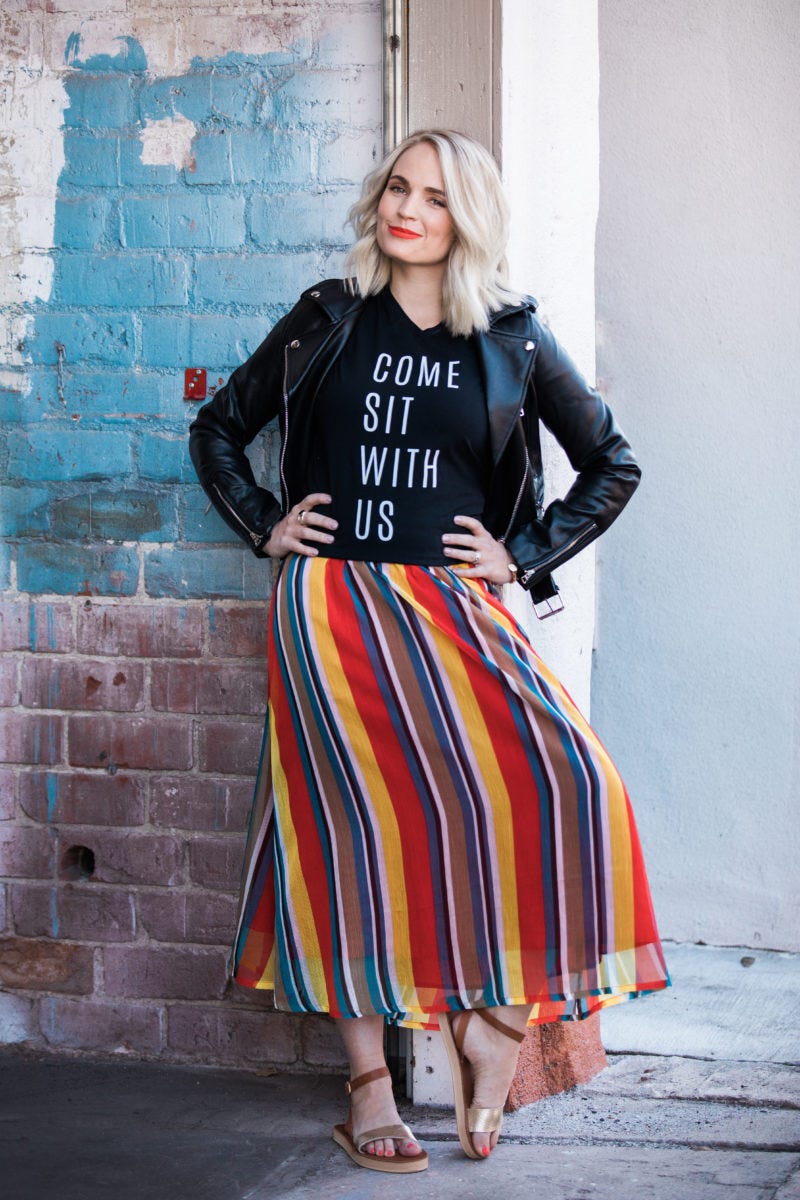
What are 5 steps that someone who is experiencing Impostor Syndrome can take to move forward? If you have a story or example that ties to each step, please include!
1.) First off, “Own Your Average!” Despite all the common self-helpy talk that wants you to focus on how special you are, I propose you start warding off Imposter Syndrome by owning the fact that you are likely indeed quite average. When you Own Your Average. You will stop only saying yes to the things you think you’ll immediately excel in. When you Own Your Average, you start to realize that no one is thinking about you quite as much as you think they are. You are not Beyoncé. (Or maybe you are, in which case, OMG. HI, BEY!) When you decide to Own Your Average, you will start to believe that success will require lots and lots of work and isn’t just an inevitable result of being born awesome. You also realize that your insecurities and failures aren’t the tell-tale sign that you’re below average. You know that mistakes and wrong turns are simply a requisite on the road to building an above average life of purpose and passion, which means you’ll be less afraid to fail and flail a bit. And more importantly, you’ll become less afraid and more likely to succeed, perhaps wildly, because you truly believe you’re just as worthy and likely to build an extraordinary life of purpose and passion as anyone else.
2.) Choose Curiosity Over Criticism: There is scientific evidence that suggests curiosity is just as important as IQ in achieving long term success and it is the ultimate defense against Imposter Syndrome. The more curious you are the more able you are to tolerate ambiguity, navigate complexity and acquire knowledge over time. Studies have shown that increased curiosity is associated with less defensive reactions to stress and less aggressive reactions to provocation. It’s incredibly difficult to increase your IQ but you can increase your CQ which stands for Curiosity Quotient.
3.) Pretend to be a journalist! Here is the thing about great journalists: They don’t go into the story assuming they have it all figured out. In fact, they know that the less you think you have it all figured out, the more you can learn. The less you have riding on what you think you need to “discover,” the freer you will be to get closer to the actual truth, whatever it may be. The more open you are to be surprised by what you uncover, the more likely you will be to find something really interesting. By pretending to be a journalist on assignment in your own life, you’re going to be more likely to find the truest story which will enable you to be more successful. It’s also going to de-shame not knowing everything and will reframe it as an asset which will kick Imposter Syndrome to the curb.
4.) Focus on the problem instead of the solution: Feeling like we have to come up with the best solution off the bat will keep us living under the sea of Imposter Syndrome. But focusing being people who can find and understand really interesting problems helps us detach our egos from the solution. It gives us more freedom to try and fail, all the while keeping the problem we set out to solve in the starring role it deserves.
5.) Don’t be afraid to ask for help along the way. If you’re the first to admit you’re in learning mode and might need some help, it takes the power of the fear that someone else might say it first away. And here is the really cool thing: Contrary to popular belief, studies show that when we’re able to help someone out, we (the helper!) end up having increased affection and perceived closeness towards the person we helped.
If you could inspire a big movement that would bring the most good to the most people, what would that be?
I’d inspire a movement of pluckiness where people believe the can be a part of co-creating a brighter future and they get over their own shortcomings and failures and go out and create magic that makes us all a little better.
Is there a person in the world that you would love to have a meal with? Why them?
I’ll be working with Pope Francis in a few months and I’ve got to say that dinner with him is topping my bucket list right now. I’m always fascinated with people who have immense influence and power who have the courage to challenge the status quo.
How can our readers follow you on social media?
Instagram! Follow along @lizbohannon and @ssekodesigns
Thank you for all of these great insights!
Liz Forkin Bohannon of Sseko Designs: “How I Was Able To Thrive Despite First Experiencing Impostor was originally published in Authority Magazine on Medium, where people are continuing the conversation by highlighting and responding to this story.


